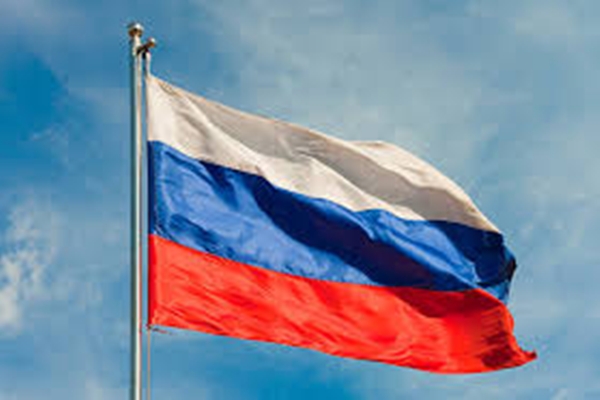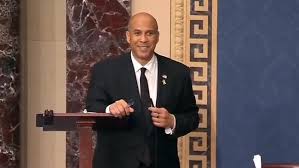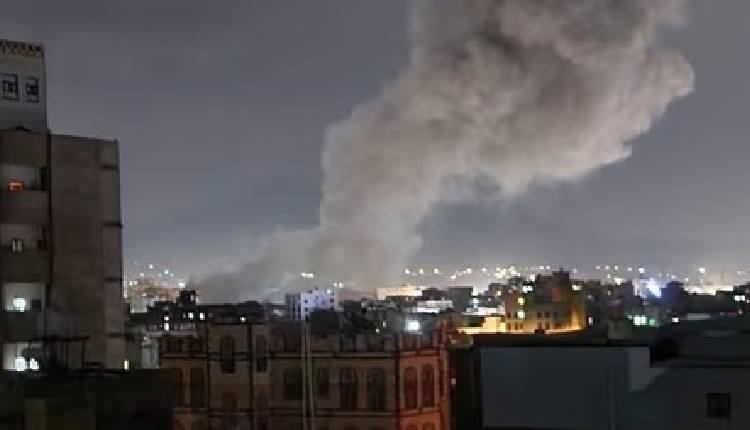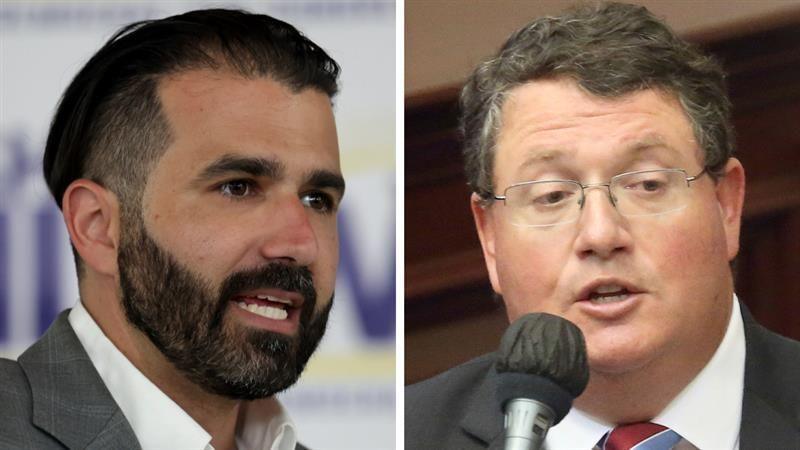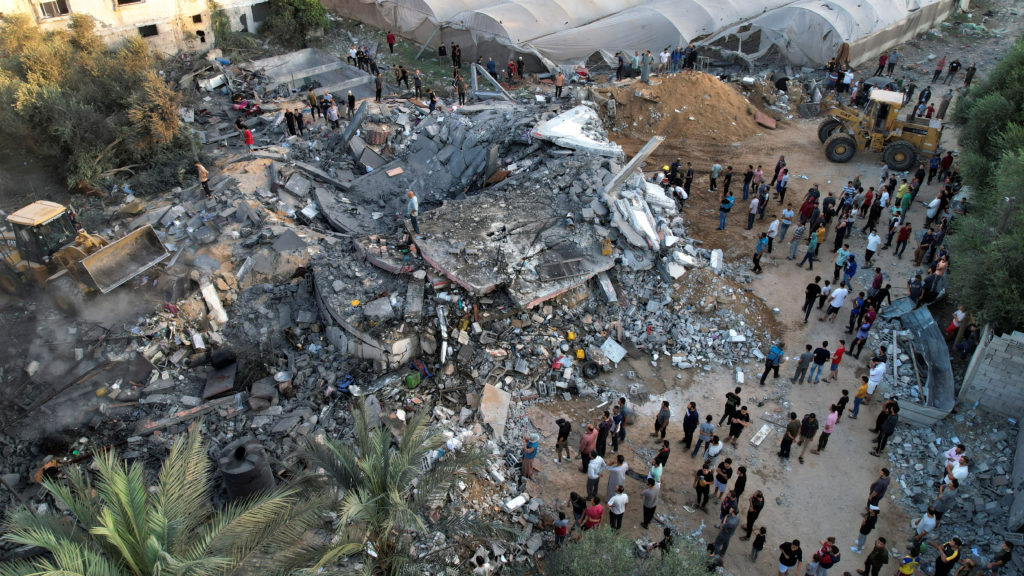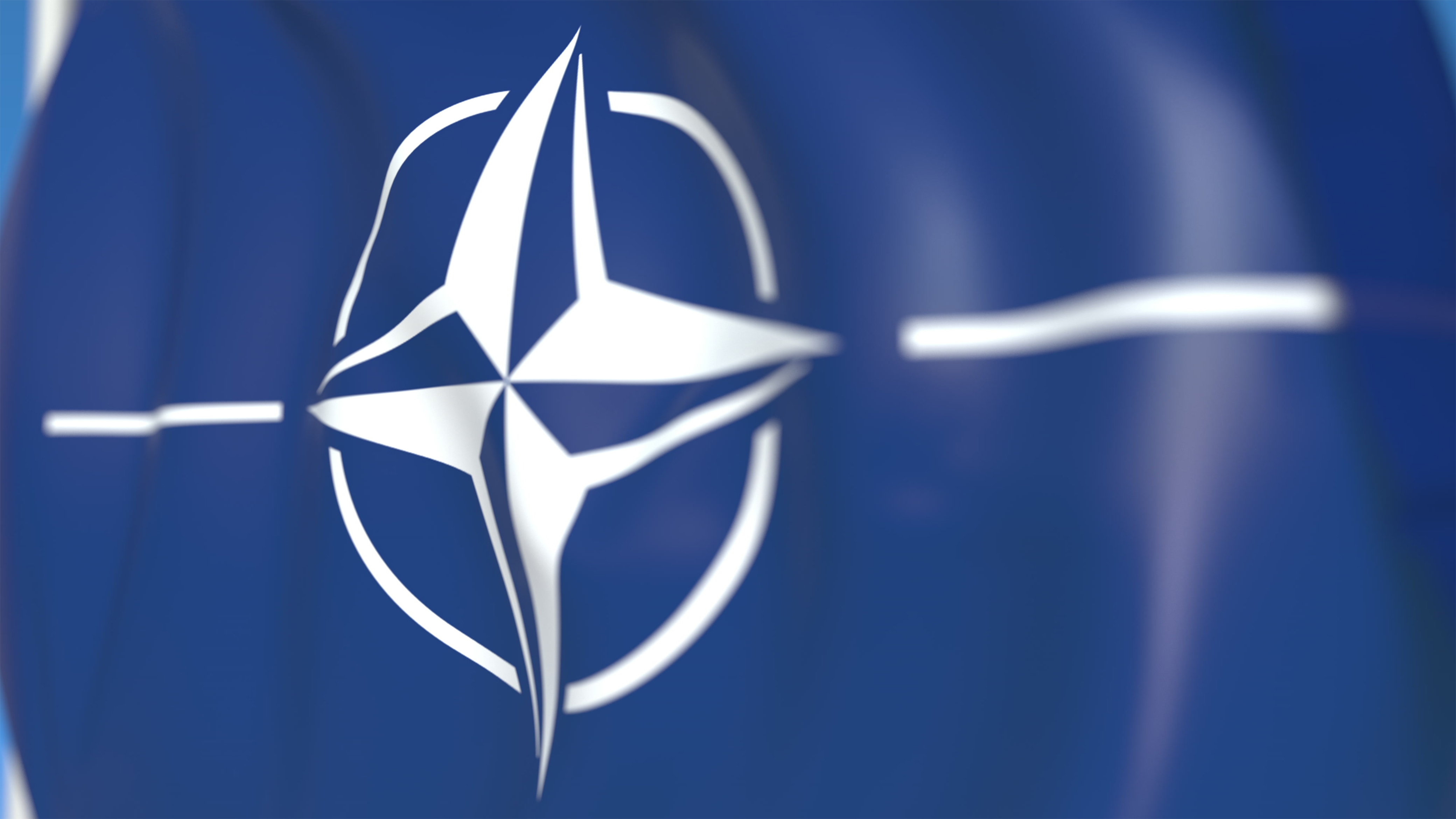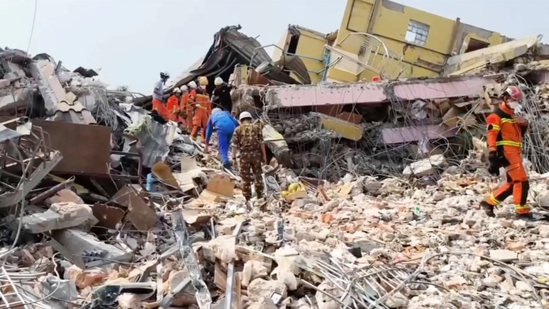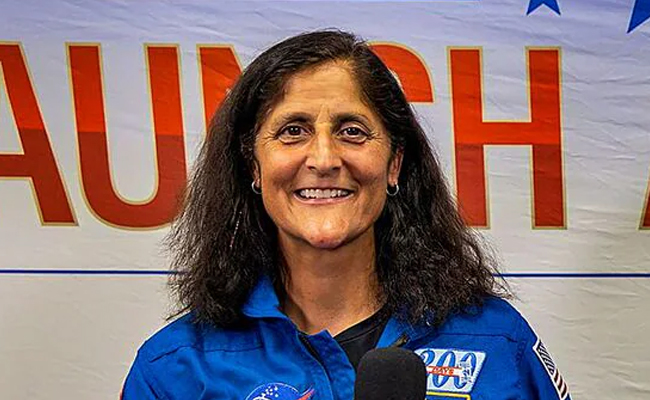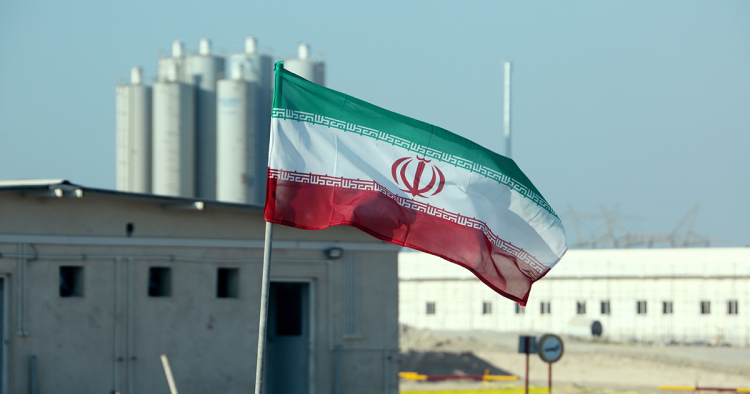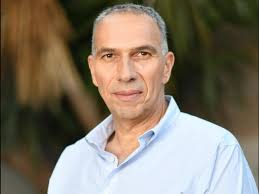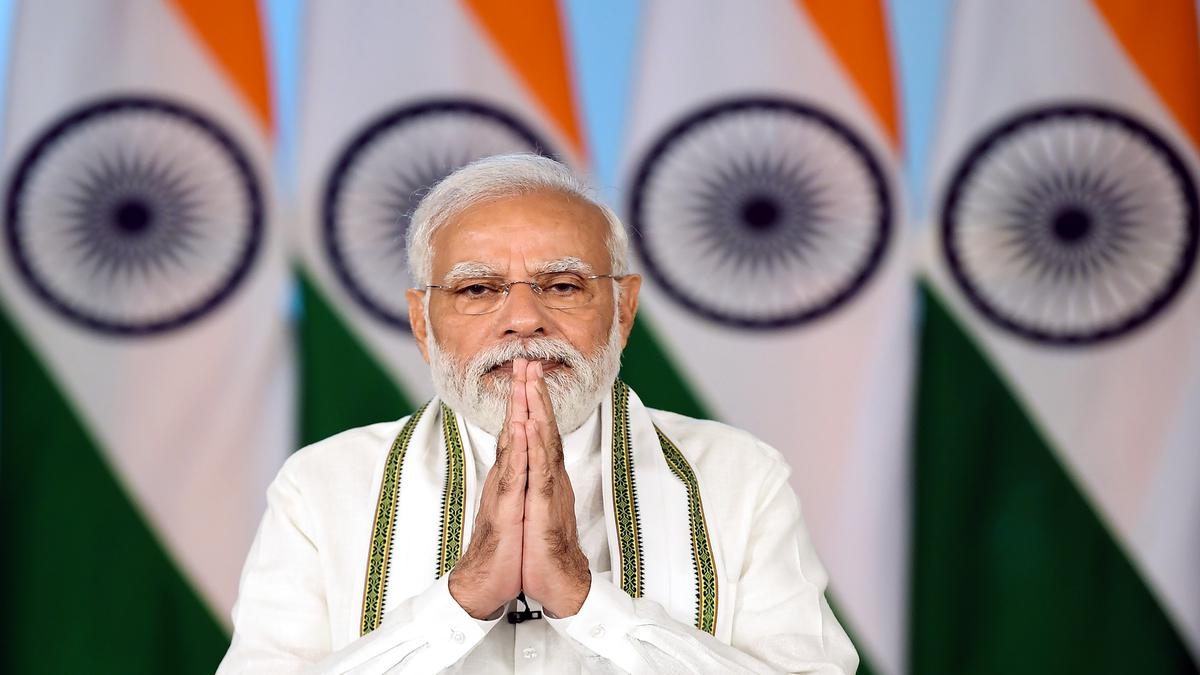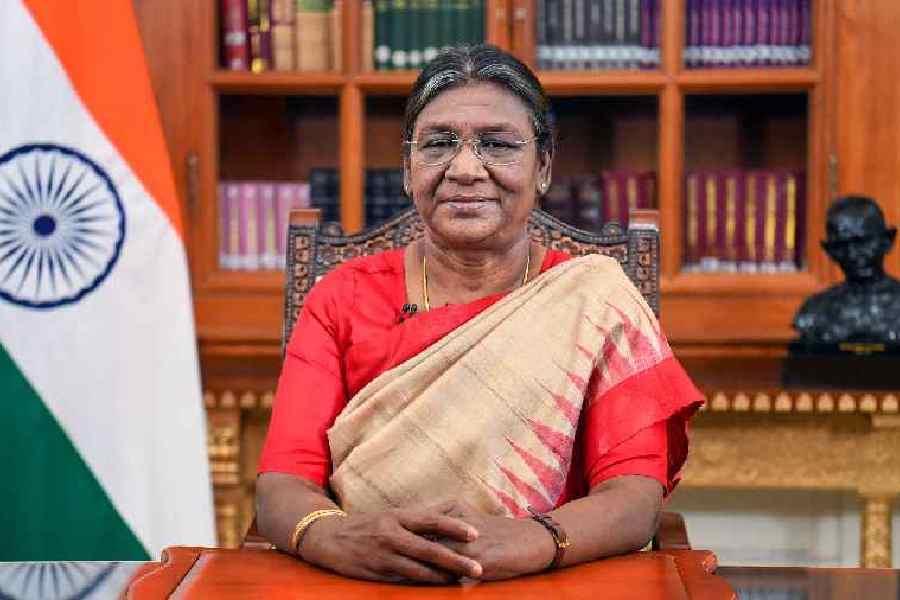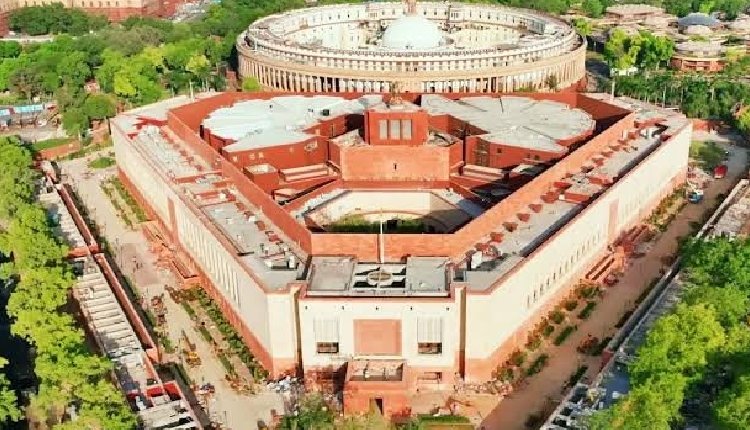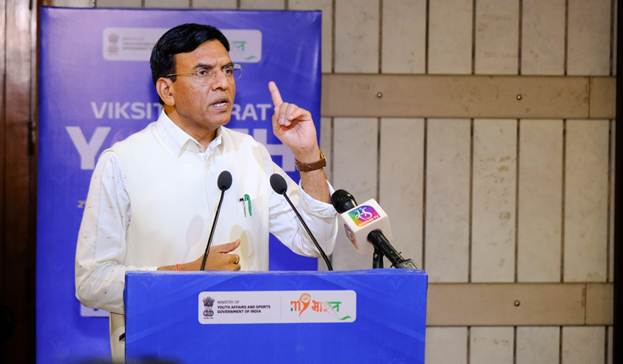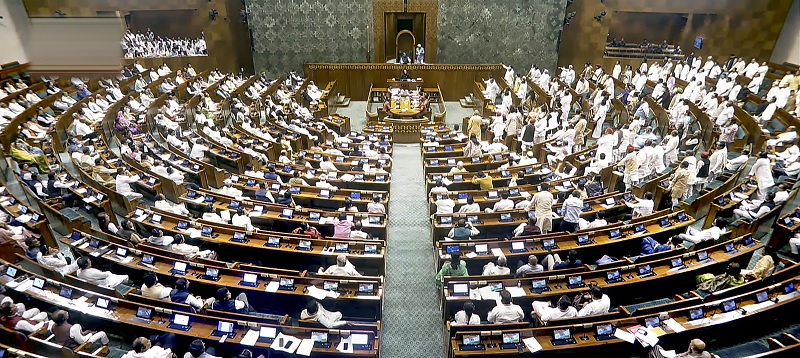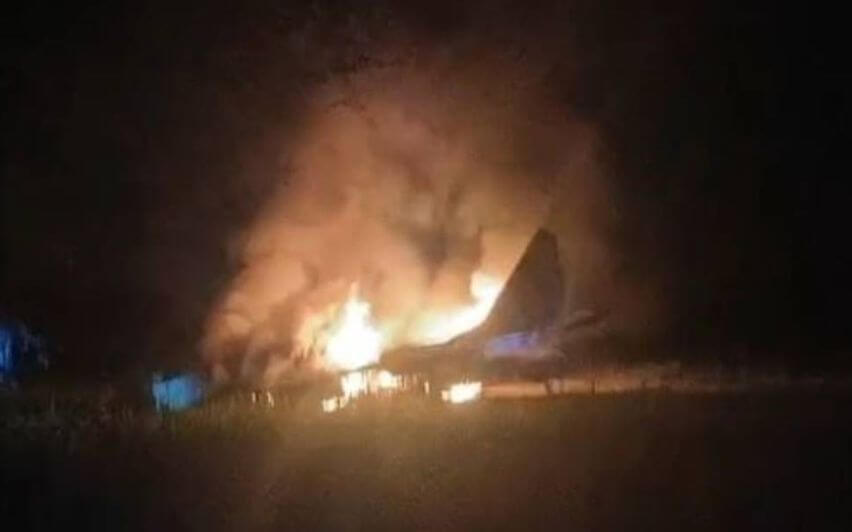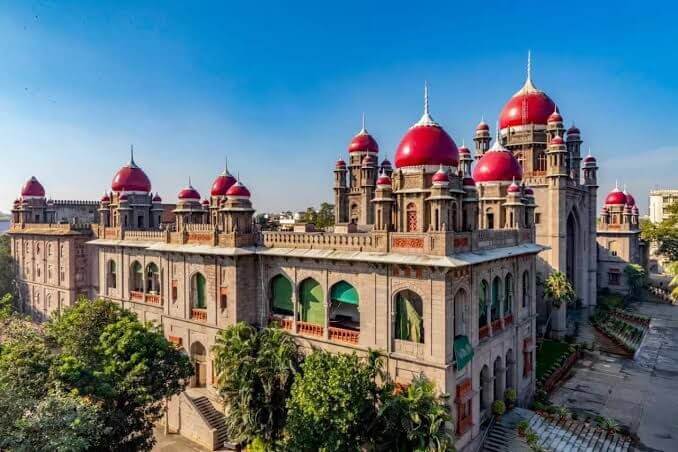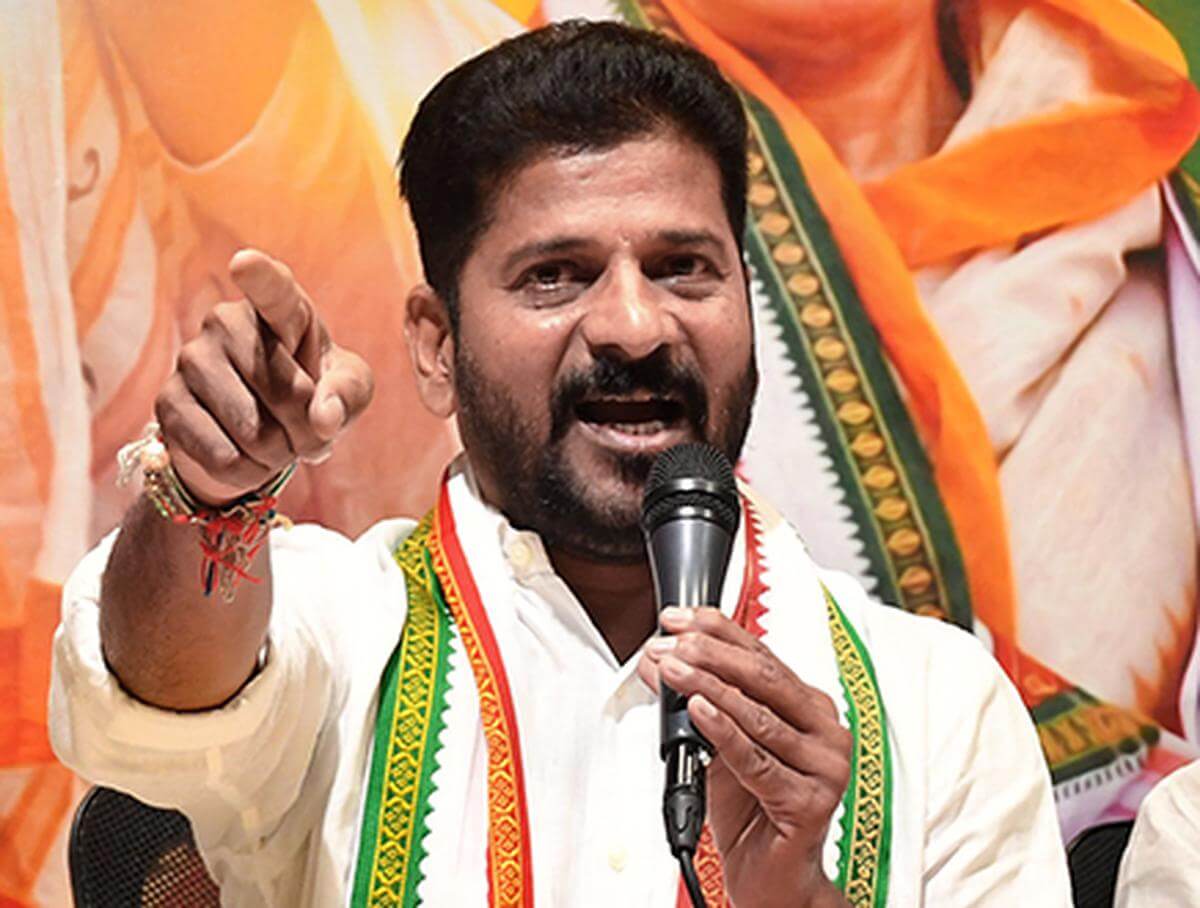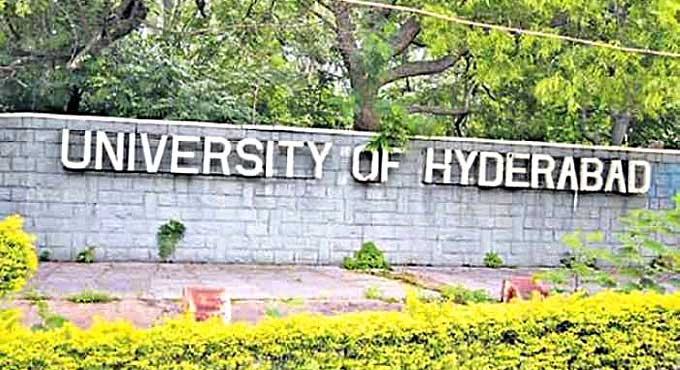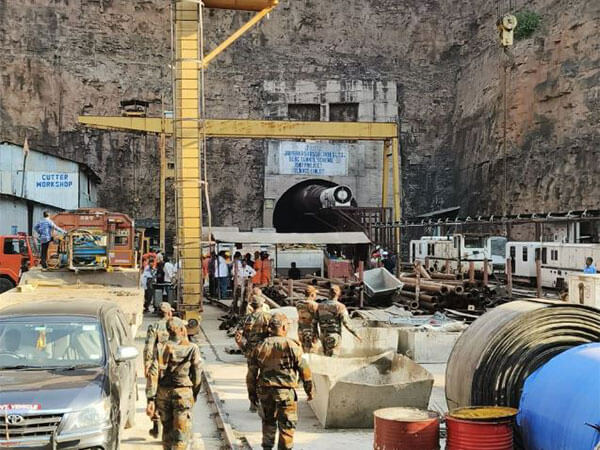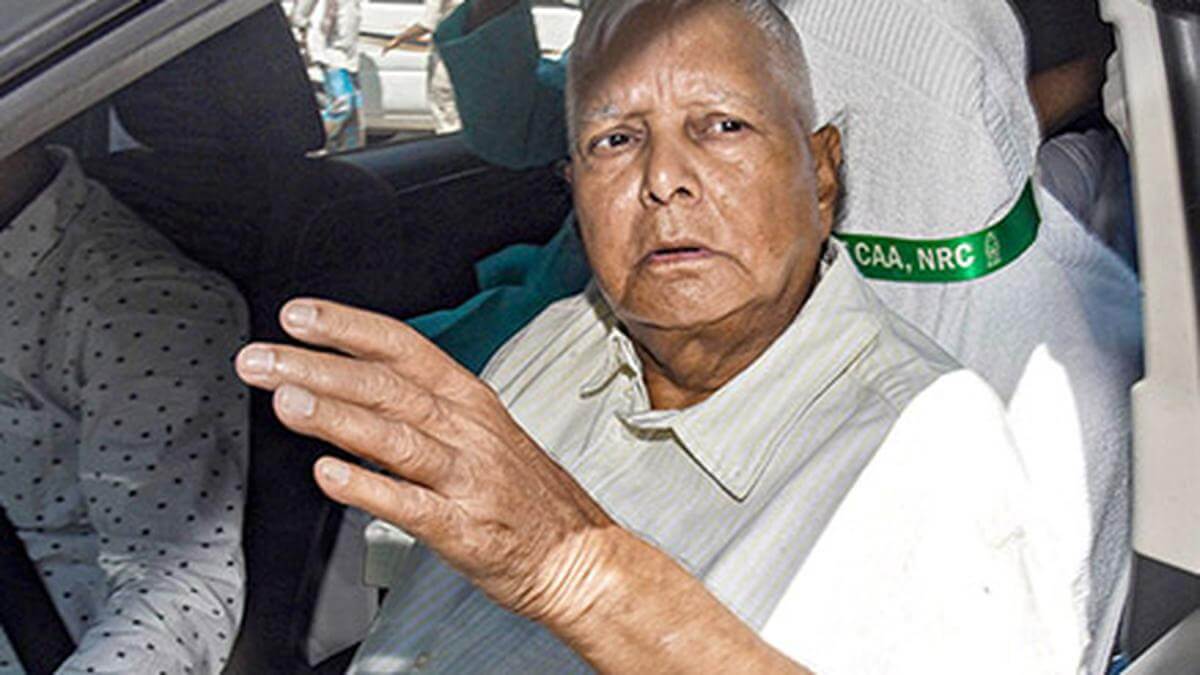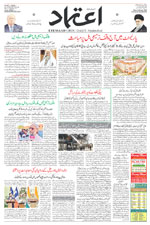Niger votes in presidential, legislative elections
Mon 28 Dec 2020, 13:38:18
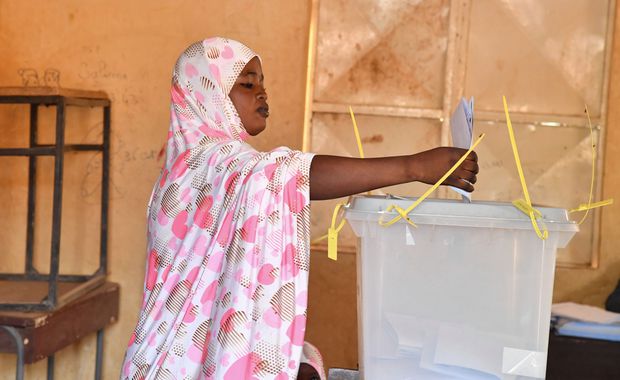
Niamey (Niger): Niger voted Sunday in presidential and legislative elections that could see the West African countrys first democratic transition of power since independence amid a growing threat from jihadists in the region.
A good turnout was seen in the capital throughout the day, said observers .
Equipment was well installed and the first voter was able to vote, just after 8 a.m. at the Diori school in Niamey, according to the head of the polling station there, Khadija Hassan. Everything has been going normally.
Other voting centers in the capital reported successes as well, with COVID-19 restrictions in place.
Some 7.4 million Nigeriens were registered to vote to elect legislators and the successor to President Mahamadou Issoufou.
Issoufou, who has served two terms, is stepping down, paving the way for the first peaceful transfer of power between two elected presidents since Niger became independent from France in 1960. Niger has seen four coups since then.
Issoufou voted Sunday with his wife and the president of the National Assembly.
He said he hopes the election will allow Niger to consolidate its status as a model of democracy in Africa and in the world.
More than 6,800 observers from various organizations are deployed around the country, he said.
We are the bearer of an ambition, the ambition to modernize politics, the ambition to detribalize politics, the ambition to put policy around values and not on identity, he said.
The victory will belong to the Nigerien people.
A peaceful transfer would be significant not only in Niger but also in West Africa, where leaders recently have held on for disputed third terms in Guinea and Ivory
Coast.
Coast.
Nigers next president will have to deal with major problems including extremism, poverty, displacement and corruption.
Attacks by Islamic extremists has affected local elections for weeks. In the most recent incident, the Nigeria-based Boko Haram fighters killed more than 28 people in Toumour in the Diffa region, the day before the vote.
Niger also faces increasing attacks from fighters linked to the Islamic State group and al-Qaida. Thousands of people have been killed and hundreds of thousands have been displaced despite the presence of thousands of regional and international troops.
Former foreign affairs minister Mohamed Bazoum, the candidate of the current presidents Nigerian Party for Democracy and Socialism, is among the front runners in the election.
A teacher by training, Bazoum has promised to build boarding schools for girls to encourage them to stay in school longer, which he said would help reduce child marriage in a country with many teenage pregnancies.
Another candidate, retired Gen. Salou Djibo, a former head of state who staged a coup in 2010, has said he is best placed to fight extremism.
Ibrahim Yacoubou, a former foreign affairs minister who was kicked out of the ruling party because of indiscipline, is campaigning against corruption.
But Bazoums biggest competition comes from former President Mahamane Ousmane, who has the endorsement of opposition leader Hama Amadou, whose candidacy was rejected by the constitutional court because of a one-year prison sentence for charges of baby-trafficking. Amadou denies the charges, calling them politically motivated.
If no one candidate wins more than 50 per cent, Nigeriens will vote in a second round on February 21.
No Comments For This Post, Be first to write a Comment.
Most viewed from International
Most viewed from World
AIMIM News
Latest Urdu News
Most Viewed
May 26, 2020
Do you think Canada-India relations will improve under New PM Mark Carney?
Latest Videos View All
Like Us
Home
About Us
Advertise With Us
All Polls
Epaper Archives
Privacy Policy
Contact Us
Download Etemaad App
© 2025 Etemaad Daily News, All Rights Reserved.


